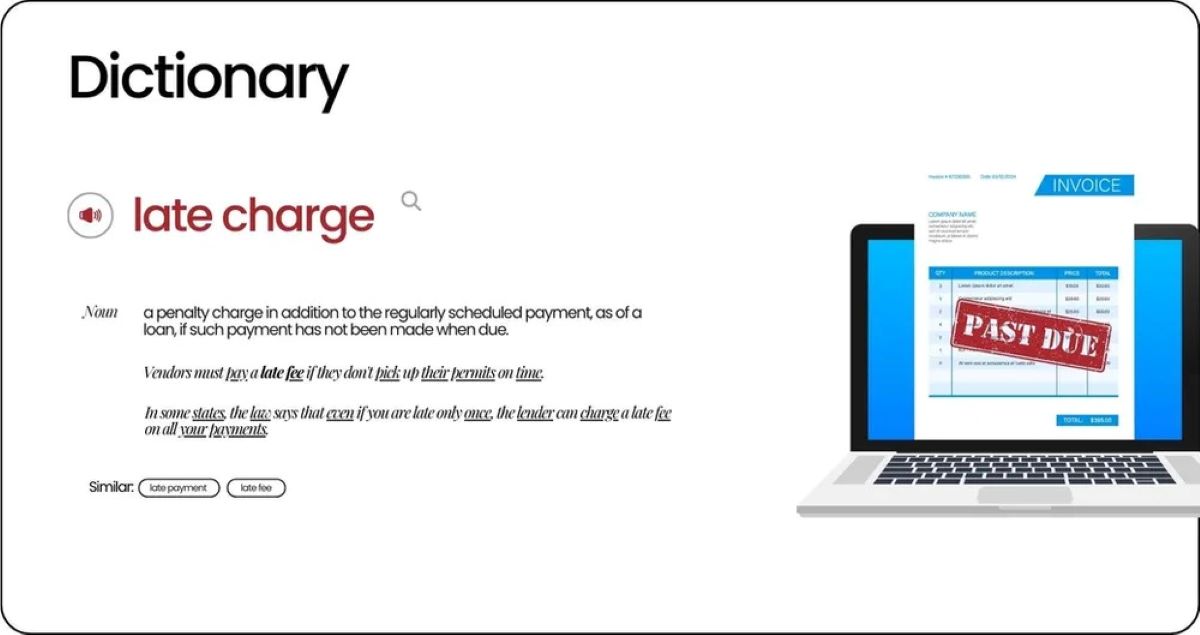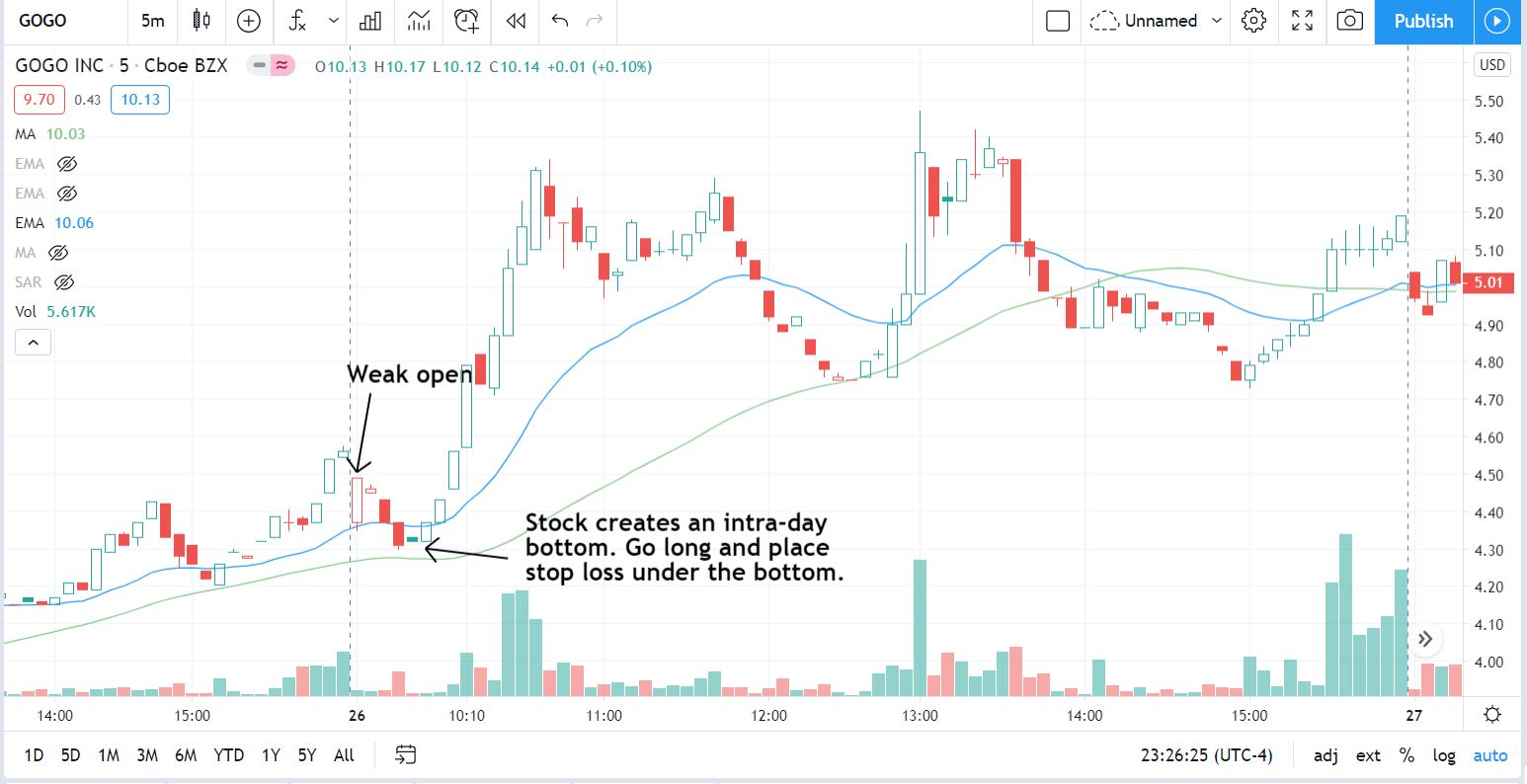Home>Finance>How Many Days Before Closing Do They Run Your Credit


Finance
How Many Days Before Closing Do They Run Your Credit
Published: January 10, 2024
Learn how long before closing a mortgage lender will typically run your credit. Understand the finance timeline and plan ahead for a smooth homebuying process.
(Many of the links in this article redirect to a specific reviewed product. Your purchase of these products through affiliate links helps to generate commission for LiveWell, at no extra cost. Learn more)
Table of Contents
Introduction
When you are in the process of buying a home, there are numerous financial considerations to take into account. One important aspect that can impact your ability to secure a mortgage is your credit score. Lenders use your credit score to assess your creditworthiness and determine the terms and conditions of your loan.
During the homebuying process, lenders typically run a credit check before closing. This is done to ensure that your financial situation has not significantly changed since you were initially approved for the mortgage. The purpose of this article is to explore the factors affecting credit checks before closing, discuss the timing of these checks, and highlight the potential effects on your credit score.
Understanding how credit checks work and their significance during the homebuying process is crucial for prospective homeowners. By having a comprehensive understanding of these factors, you can take the necessary steps to protect your credit and increase your chances of closing on your dream home.
Factors Affecting Credit Checks Before Closing
Several factors are taken into consideration when lenders decide whether to conduct a credit check before closing. These factors can vary based on individual circumstances and lender requirements. Here are some common factors that influence the decision:
- Type of Loan: The type of loan you are applying for can impact whether a credit check is required before closing. For conventional loans, it is common for lenders to check your credit again to ensure your financial situation has not changed. However, for government-backed loans, such as FHA or VA loans, the credit check may have already been completed as part of the initial loan approval process.
- Time Between Pre-Approval and Closing: The duration between your pre-approval and the closing date can also determine if a credit check is necessary. If there is a significant gap, lenders may request an updated credit report to ensure your financial standing remains stable.
- Change in Employment or Income: Any significant changes in your employment or income can trigger a credit check before closing. Lenders want to ensure that your financial situation has not been negatively affected, as this can impact your ability to repay the mortgage.
- Change in Debts or Liabilities: If you have acquired new debts or liabilities since your initial loan application, lenders may want to evaluate their impact on your debt-to-income ratio. This analysis assists lenders in ensuring that you can afford your mortgage payments without excessive financial strain.
- Changes to Credit Score: Lenders rely heavily on credit scores when assessing a borrower’s creditworthiness. If your credit score has significantly increased or decreased since your pre-approval, lenders may choose to run a credit check before closing to factor in the updated score.
It is important to note that every lender has its own policies and requirements regarding credit checks before closing. Some lenders may not conduct a final credit check unless certain conditions are met, while others may perform the check as a standard practice. It is essential to communicate with your lender and seek clarity on their specific requirements to avoid any surprises during the closing process.
Timing of Credit Checks
The timing of credit checks before closing can vary depending on various factors, including the lender’s policies and the specific circumstances of the homebuyer. While there is no set rule, credit checks generally take place within a specific timeframe to ensure the most accurate assessment of the borrower’s financial situation. Here are some common scenarios:
- Initial Mortgage Application: When you initially apply for a mortgage, the lender will run a credit check to assess your creditworthiness. This is typically the first step in the homebuying process, as it helps determine your eligibility for a loan and the terms that you may qualify for.
- Pre-Approval Stage: If you are pre-approved for a mortgage, the lender may still need to perform a credit check closer to the closing date. The purpose of this check is to verify that your financial situation remains stable and that there have been no significant changes that could affect your ability to repay the loan.
- Final Credit Check: The final credit check before closing typically occurs a few days or weeks before the scheduled closing date. This check is done to ensure that there have been no new negative credit events or changes that could impact your creditworthiness.
It is worth noting that credit checks are not limited to these specific stages. Depending on the lender’s guidelines and the circumstances of the homebuyer, additional credit checks may be conducted at other points in the process. It is essential to stay in communication with your lender and be prepared for the possibility of credit checks occurring at various stages leading up to the closing.
It is recommended that you avoid making any major financial decisions or taking on new debts in the period between your initial mortgage application and the closing. This will help maintain the stability of your financial profile and minimize the risk of negative impacts on your creditworthiness.
Potential Effects on Credit Score
Running a credit check before closing can potentially affect your credit score, although the impact is typically minimal and temporary. Here are some potential effects on your credit score to consider:
- Hard Inquiry: When a lender pulls your credit report, it is recorded as a hard inquiry on your credit history. Hard inquiries can have a slight negative impact on your credit score, typically by a few points. However, the impact is usually short-term, and your score should bounce back within a few months.
- Increased Debt Utilization: If a credit check reveals new debts or liabilities that were not present during your initial application, it can potentially affect your debt utilization ratio. This ratio measures the amount of available credit you are using. An increase in debt utilization could lower your credit score, especially if your credit limits are maxed out or if you have a high amount of outstanding debt.
- Credit Score Fluctuations: If your credit score has changed significantly since your pre-approval, a credit check at the closing stage can reflect the updated score. This can either work in your favor if your score has improved or have a negative impact if your score has decreased. It is crucial to monitor your credit score regularly and take steps to improve or maintain it before closing.
- Credit History Impact: Any negative changes or new derogatory marks on your credit report discovered during the credit check can potentially impact your credit history. Late payments, collections, or other negative items can have a lasting effect on your credit score and may need to be addressed before closing.
While credit checks can have a temporary impact on your credit score, it’s important to remember that maintaining a good credit score throughout the homebuying process is crucial. The best way to mitigate any potential negative effects on your credit score is to stay proactive and take steps to improve or maintain your creditworthiness leading up to the closing date.
Importance of Monitoring Credit Before Closing
Monitoring your credit before closing is essential for several reasons. Here are some key reasons why it is important to keep a close eye on your credit during the homebuying process:
- Identify Errors or Inaccuracies: By regularly monitoring your credit report, you can quickly identify any errors or inaccuracies that may be negatively impacting your credit score. These errors could include incorrect personal information, late payments that you have actually made on time, or accounts that do not belong to you. Reporting and resolving these discrepancies can help improve your creditworthiness and ensure a smooth closing process.
- Protect Against Fraud: Monitoring your credit allows you to be vigilant against fraudulent activity. Unusual or unauthorized credit inquiries, new accounts opened in your name, or sudden drops in your credit score could indicate fraudulent activity. By detecting and reporting fraud early, you can minimize the potential damage to your credit and financial well-being.
- Take Steps to Improve Your Credit: Regularly monitoring your credit provides insight into your credit utilization, payment history, and other factors influencing your credit score. This information empowers you to take proactive steps to improve your credit, such as paying down debts, making timely payments, and addressing any outstanding negative items on your credit report. Improving your credit before closing can potentially lead to better loan terms and lower interest rates.
- Stay on Top of Financial Obligations: By monitoring your credit, you can ensure that all your financial obligations are being met. This includes making timely payments, avoiding maxing out credit cards, and keeping your debt levels under control. By maintaining good financial habits, you increase your chances of closing on your mortgage loan successfully.
Monitoring your credit is now easier than ever, with many online tools and services available to access your credit report and score. It is recommended to check your credit at least once every few months and leading up to the closing to catch any potential issues early and make necessary improvements.
Remember, a solid credit profile is an important aspect of securing the best mortgage terms and achieving your homeownership goals. Don’t overlook the importance of monitoring your credit before closing to ensure a smoother and more successful homebuying experience.
Conclusion
Understanding the role of credit checks before closing is crucial for anyone in the homebuying process. These credit checks help lenders assess your financial stability and ensure that your creditworthiness remains intact leading up to the closing. By monitoring your credit and taking steps to maintain or improve your credit score, you can increase your chances of a successful closing and secure favorable loan terms.
Factors such as the type of loan, time between pre-approval and closing, changes in employment or income, and changes in debts or liabilities can influence the need for credit checks before closing. It is important to communicate with your lender to understand their specific requirements and expectations regarding credit checks.
While credit checks can have a temporary impact on your credit score, the effects are typically minimal and short-lived. However, it is essential to stay proactive in monitoring your credit, identifying errors or inaccuracies, protecting against fraud, and taking steps to improve your credit if needed.
By maintaining a good credit profile, you not only enhance your chances of closing on your dream home but also open doors to better loan terms and lower interest rates. Your creditworthiness is a key factor that lenders consider, so it is in your best interest to keep a close eye on your credit and make responsible financial decisions during the homebuying process.
In conclusion, being mindful of credit checks and monitoring your credit before closing can help ensure a smooth and successful homebuying journey. Take control of your credit, stay informed, and make informed decisions to secure your financial future as you embark on the exciting path to homeownership.














